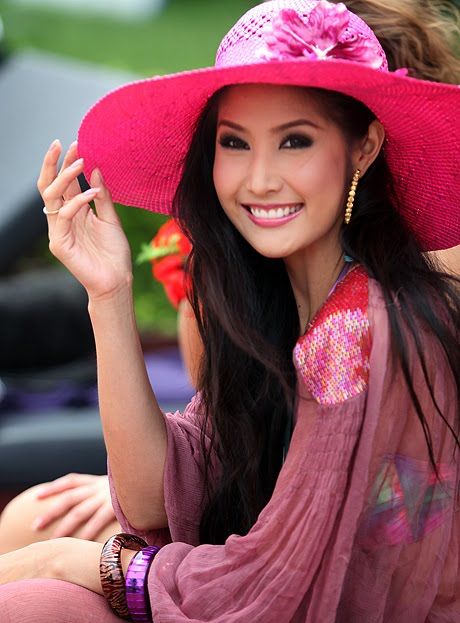In Defense of Thai Dowries
BY A THAI LADY LIVING IN A TRADITIONAL THAI VILLAGE – Thai dowries are often criticized so here are a few words in their defense: I’ve often sympathized with foreign men when the word “dowry” is brought up. In the modern-day Thai culture, a dowry is still common practice in wedding ceremonies. Thai dowries typically consist of jewelry for the bride to wear on her wedding day and cash for the bride’s parents. The subject of money is awkward, even for the Thai couples. But a dowry is an even bigger matter (and mess) when the groom is a foreigner. Not a single foreigner I know is comfortable parting with their hard-earned cash (generally at least THB100,000) to marry their Thai girlfriends, most of whom are from the Bangkok middle-class and obviously have no intention of deceiving anyone for money.

Whenever the subject is raised at the dining table, somehow the Thai girl is automatically viewed as a Nana gold-digger. The responses we often get from blue-eyed boyfriends tend to sound something like:
“That’s stupid. I won’t pay to marry someone.”
“I don’t have that kind of money.”
“I thought you loved me for me. This breaks my heart.” (Said in a sarcastic tone.)
When Thai girls talk money, our foreign boyfriends seem to grow earmuffs. I’m starting to think that maybe it is the word “dowry” itself that scares men. One guy even told me that the dowry is an ancient tradition that should have died hundreds of years ago. At the risk of sounding treasonous, I think he may be right, but the fact remains that the dowry still exists and is rightfully important to most Thai families.
The practice of giving the bride’s family a large amount of money was best suited to a past when male commoners had to leave their families every other month for work. In those days, when a couple got married the guy had to pay up so the wife could take care of herself and the children when her husband was away.
Somehow hundreds of years later, the dowry lives on as an integral part of Thai matrimony. The idea seems especially weird when you consider that Thai women these days often earn as much as their partners. The question really should be why these girls still ask you to pay a dowry, and why they are so offended when you refuse to do so.
Let me enlighten you. As funny as it sounds, a dowry represents your respect. Most Thais are very attached to their families and, as a result, Thai marriage is a monumental union of two households. That old aphorism, “if you marry a Thai girl, you marry her family as well” is true.
The dowry is a gift from the groom’s family and a small part of khan mark, an exquisite arrangement of Thai symbols of luck including banana leaves, flowers and fruits presented in golden trays. The khan mark is presented at the wedding ceremony, which is sacred and a chance for the wedded couple to ask their families for blessings. This means you officially ask your girlfriend’s parents for permission to have her as a life partner. Thai parents find the ceremony very important and necessary. If not done properly, it would seem to them that you’re running away with their daughter without respect.
So if you look at the bigger picture, it’s the Thai wedding ceremony that your girlfriend wants, not just the dowry. By refusing to have a ceremony you’re demonstrating that you are not willing to make things official and right for her family.
Now you might think, “In that case, I will just give her THB500. That’s my kind of dowry.”
Thais describe dowry as kha nam nom (translated to ‘cost for breastfeeding’). It is an important display of appreciation for the mother-in law. Essentially, when you hand over a dowry you’re saying, “thanks for raising your daughter so well.” The value of a dowry depends on how much the parents think is appropriate for their daughter. So it is normal for a wealthy family to ask for a more expensive dowry.
[Originally published in Bangkok Coconuts. Reprinted with permission]
